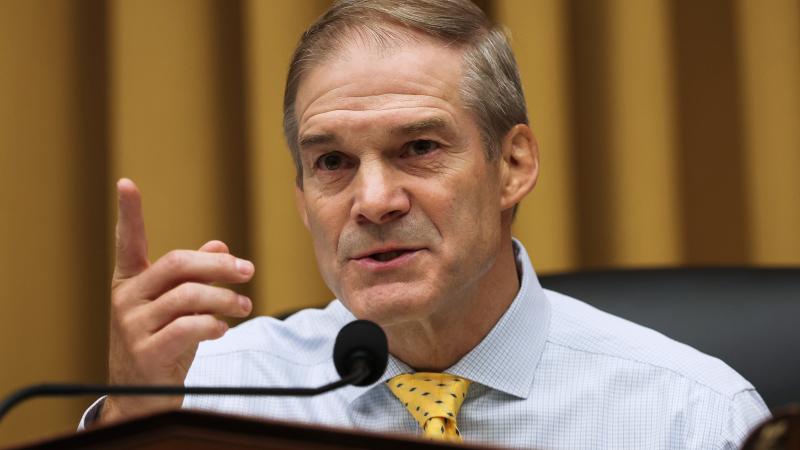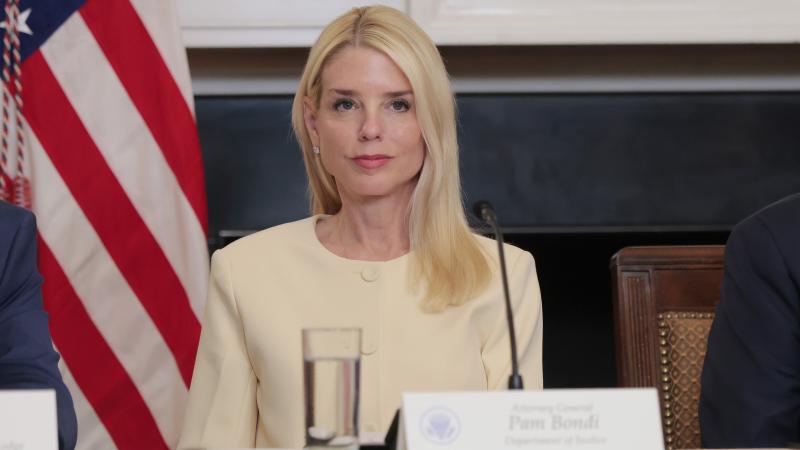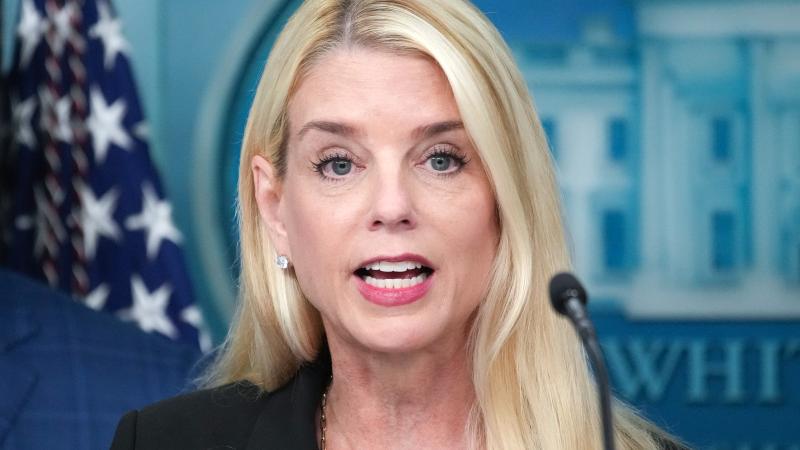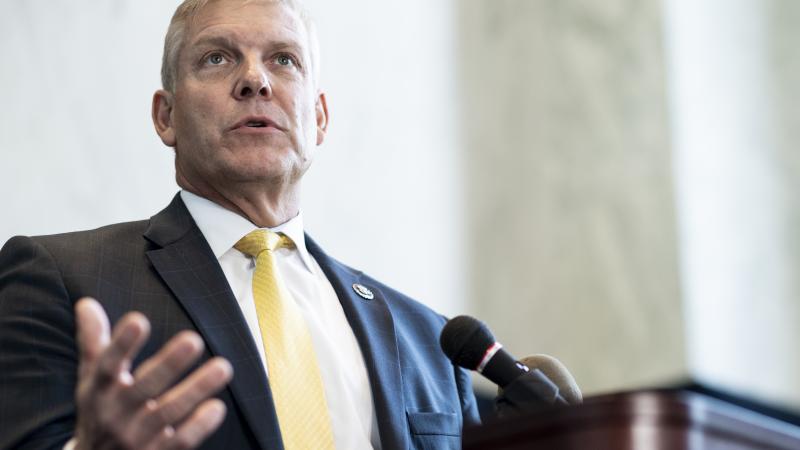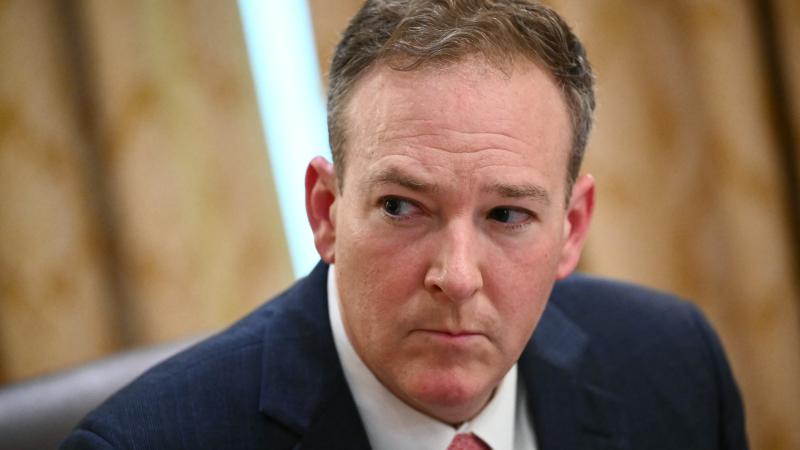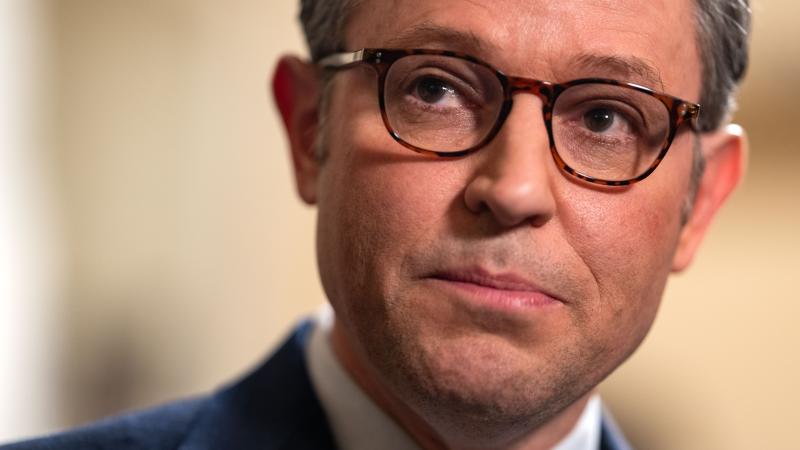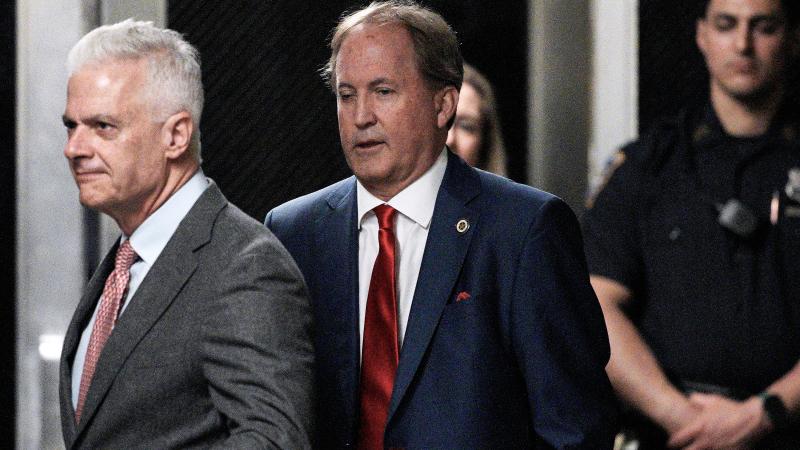Congress to take up second Big Beautiful Bill, defense spending after summer break: key lawmakers
Republicans in the House and Senate will be looking for ways to advance President Donald Trump's agenda with a narrow majority.
After a summer recess dominated by President Donald Trump's historic executive actions, House and Senate lawmakers return in September to codify into law more of his regulation-busting, law-and-order agenda inside a second massive reconciliation package some are calling the Big Beautiful Bill No. 2.
There's also a healthy dose of other work ahead on farm policy, defense spending, election integrity and appropriations bills.
"A lot of new things are coming on," Rep. Claudia Tenney, R-N.Y., a member of the powerful House Ways and Means Committee, told m the "Just the News, No Noise" TV show. "We are just enhancing and making things more permanent, getting the growth economy that we need, getting away from some of the things that Democrats have done with over regulation, continuing to fight back on recessions, [and] overspending."
Members of the House and Senate will return to Washington, D.C., on Sept. 2 after a month-long break. Republicans in the House and Senate will be looking for ways to advance President Donald Trump's agenda with a narrow majority. CHECK DATES
Tenney said that a lot of what the House will be focused on getting passed has to do with energy independence.
EPA Administrator "Lee Zeldin has done some absolutely groundbreaking [work] that is going to unleash American energy, which makes us more powerful and have more leverage against Putin and against China and others, and makes them more dependent on us," she said.
Tenney said that the House will work on reconciliation "part two" when they are back in session.
"We're going to look at step two of reconciliation to kind of finish some things that we didn't get done in the 'one big beautiful bill,'" she said.
The Senate in July passed Trump's "big beautiful bill," which was signed by Trump on July 4. The law includes key components of Trump's campaigned-upon agenda, such as no taxes on tips, increased border security funding and extending his 2017 tax cuts.
Congressman Bryan Steil, R-Wis., said when Congress is back in session, he will reintroduce legislation to reform U.S. election laws, including banning states from counting ballots that arrive after polls close on Election Day.
"We'll be reintroducing legislation in the weeks ahead, putting forward that gold standard for states about how you should be operating and running your elections, and putting in enforcement mechanisms for states that fail to meet a high standard," Steil told the "Just the News, No Noise" TV show. "The obvious standard that I think should be the most obvious is that ballots need to be in by the time the polls close."
Congressman Andy Biggs, R-Ariz., is also pushing for Trump's control over Washington, D.C. to be extended from 30 days to six months in order to crack down on crime in major cities.
In March, Congress passed a continuing resolution to keep the government open for six months. However, the funding in the bill expires Sept. 30.
Congress will either have to pass another continuing resolution to fund the government for another six months or pass regular appropriations bills to avoid a government shutdown.
GOP fiscal hawks such as Reps. Thomas Massie, R-Ky., and Marjorie Taylor Greene, R-Ga., have been against continuing resolutions, but House Speaker Mike Johnson has led the charge to pass many.
There are 12 appropriations bills that fund the government and so far the House has only passed two and the Senate has passed three this year.
Congress will also have to address defense spending for the remainder of the 2025 fiscal year.
Earlier this year, the House Appropriations Committee approved a bill to allocate $851.9 billion in discretionary funding for defense and $171.3 billion for weapons procurement.
The House's plan clashes with the Senate's proposal, which is a $22 billion increase over the White House budget request, according to Politico. The plans will be debated by the Senate as soon as Congress returns.
Another matter that will need to be addressed by Congress, specifically the Senate, is sanctions on Russia amid the ongoing war in Ukraine. Senators like Lindsey Graham, R-S.C., have pushed for sanctions and more aid to Ukraine. Sen. Tommy Tuberville, R-Ala., has called for European leaders to get more involved and the U.S. to be more distant from the matter, according to NOTUS.
Documents relating to disgraced financier Jeffrey Epstein will also likely be brought to the attention of Congress as the Department of Justice has begun to turn over files to Congressional lawmakers.
Epstein died in prison in August 2019 while awaiting trial on charges of sex trafficking of minors and conspiracy to commit sex trafficking. He pleaded guilty to similar state-level charges in Florida in 2008.
Massie announced on social media that he and Rep. Ro Khanna will be holding a press conference with the victims on Sept. 3 so they can share their stories.
"On September 3rd at 10:30am ET, @RepRoKhanna and I will be hosting a press conference at the Capitol joined by survivors of Epstein and Maxwell's abuse — several of whom will be speaking out for the first time," he wrote on X. "The survivors deserve justice and Americans deserve transparency.
